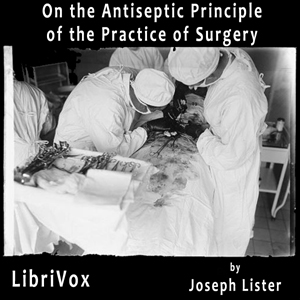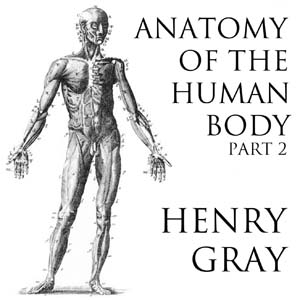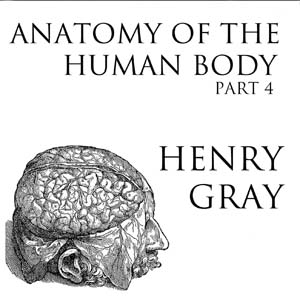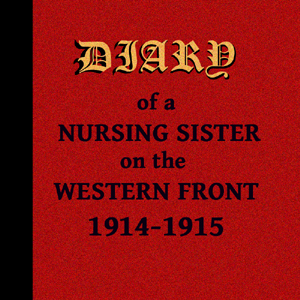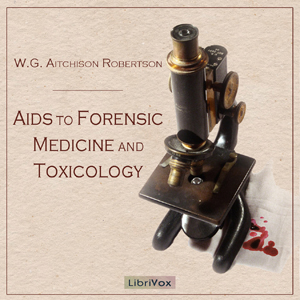- On the Antiseptic Principle of the Practice of Surgery
Joseph Lister was born near London in 1827. He studied medicine at the University of London and pursued a career as a surgeon in Scotland. He became professor of Surgery in Glasgow and later (1877) at Kings College Hospital, in London.
Lister’s contribution to the advancement of surgery cannot be overestimated. Before his work on antisepsis, wounds were often left open to heal, leading to long recoveries, unsightly scarring, and not infrequently amputation or death due to infection. Lister’s work enabled more wounds to be closed primarily with sutures, drastically reducing healing time, scarring, amputations, and deaths due to infection.
Lister retired in 1896 but was called back to assist in the operation on King Edward VII for appendicitis just days before the King’s coronation. The King later credited Lister for his survival and quick recovery. Lister died in 1912. (Summary by Martin Clifton)
Lister’s contribution to the advancement of surgery cannot be overestimated. Before his work on antisepsis, wounds were often left open to heal, leading to long recoveries, unsightly scarring, and not infrequently amputation or death due to infection. Lister’s work enabled more wounds to be closed primarily with sutures, drastically reducing healing time, scarring, amputations, and deaths due to infection.
Lister retired in 1896 but was called back to assist in the operation on King Edward VII for appendicitis just days before the King’s coronation. The King later credited Lister for his survival and quick recovery. Lister died in 1912. (Summary by Martin Clifton)
There are no reviews for this eBook.
There are no comments for this eBook.
You must log in to post a comment.
Log in

